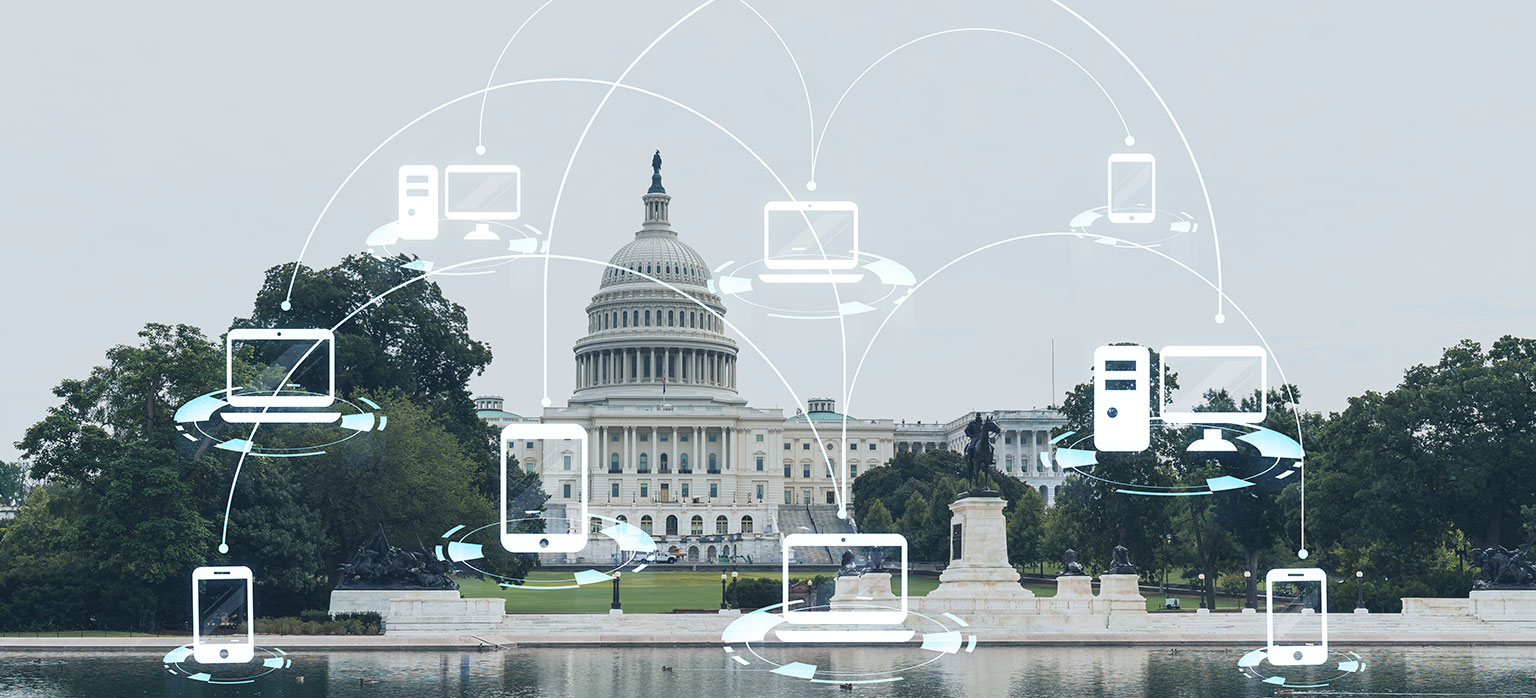In today’s rapidly evolving digital world, businesses continually look for ways to improve how they interact with customers and streamline communication. One technology making waves in this space is Natural Language Processing (NLP). This subset of artificial intelligence (AI) is designed to help computers understand, interpret, and respond to human language in ways that were once thought impossible. NLP transforms how businesses communicate, offering new ways to engage customers and improve operational efficiency.
Understanding NLP and Its Role in Business Communication
What is NLP? NLP, or Natural Language Processing, refers to the technology that enables computers to interpret and understand human language as it is spoken or written. Unlike traditional programming languages, NLP focuses on decoding natural human speech and text, making it more intuitive and effective in real-world applications.
By utilizing NLP, businesses can automate tasks such as responding to customer inquiries, processing information from vast amounts of text data, and providing more personalized user experiences. From chatbots to automated email responses, NLP has become a key driver of digital transformation across industries.
The Impact of NLP on Customer Interaction
Improving Customer Support with NLP: One of the most profound impacts of NLP in the business landscape is its ability to revolutionize customer support. With NLP-powered chatbots and virtual assistants, companies can now handle customer queries around the clock, providing instant responses and resolutions.
Moreover, NLP enables chatbots to understand the context and sentiment behind a customer’s message. Whether a customer is frustrated or simply asking for information, the system can adjust its response accordingly. This personalized and timely interaction improves customer satisfaction and engagement, as businesses can respond to issues faster than ever before.
Enhanced Personalization in Communication: Personalization is a significant factor in customer engagement. NLP helps businesses deliver more tailored content to their audiences by analyzing past interactions, preferences, and behavior. For example, an NLP-driven system can analyze a customer’s communication history to provide personalized product recommendations or tailor responses to individual needs.
This level of customization makes customers feel more valued and understood, fostering loyalty and enhancing overall satisfaction. Moreover, personalized communication powered by NLP can help businesses target specific customer segments, improving the effectiveness of their marketing and outreach efforts.
NLP’s Role in Business Communication Efficiency
Streamlining Internal Communication: NLP isn’t just improving customer interactions; it’s also revolutionizing internal business communication. For instance, NLP-powered systems can automatically summarize lengthy reports, extract key information from documents, and even translate text into different languages. This allows teams to quickly process and share information, reducing time spent on manual tasks and boosting overall productivity.
Additionally, NLP can facilitate more efficient collaboration across global teams by breaking down language barriers. As businesses become more interconnected globally, NLP can help bridge the communication gap, enabling teams from different regions to collaborate more effectively.
Data-Driven Insights for Better Decision-Making: With vast amounts of data being generated daily, businesses need powerful tools to analyze and make sense of it all. NLP plays a crucial role in this process by analyzing unstructured data such as customer reviews, social media posts, and internal communication logs.
By extracting actionable insights from these data sources, NLP enables businesses to make informed decisions. For example, companies can quickly identify recurring customer issues or monitor how their brand is being perceived online. This real-time analysis allows businesses to respond proactively to emerging trends, leading to better customer experiences and smarter business strategies.
Key Ways NLP is Transforming Various Industries
Government and Public Services: NLP is making its mark in federal and government sectors by enhancing the way agencies interact with citizens. Government bodies are adopting NLP-powered chatbots and virtual assistants to manage queries, process requests, and analyze public sentiment. For example, citizens can now interact with automated systems to access government services like social security information or tax-related queries, all without waiting in line for a human agent.
Financial Services: In the financial industry, NLP is being used to analyze large volumes of documents, streamline customer support, and detect potential fraud. NLP-driven systems can extract relevant information from contracts and financial statements, allowing institutions to process data more quickly and efficiently. Additionally, NLP is being applied in chatbots for personalized customer support in banking and investment sectors.
Education: NLP’s ability to process natural language text has opened new opportunities in the education sector. For instance, NLP-powered learning platforms provide real-time feedback to students, creating personalized learning experiences. These systems analyze students’ responses, offer recommendations based on their performance, and adapt learning content to match their needs, making the educational process more efficient and impactful.
Avoiding Common Mistakes in NLP Implementation
Although NLP offers incredible benefits, it’s essential to avoid common pitfalls when implementing it into your business strategy. One of the most significant mistakes companies make is underestimating the complexity of language. Natural language is full of nuances, such as idioms, cultural references, and different interpretations of the same word. As a result, businesses should invest in high-quality data sets and models to ensure the accuracy of their NLP systems.
Another common mistake is failing to integrate NLP seamlessly with existing systems. For businesses to maximize the value of NLP, it must work in harmony with other tools and platforms. This requires careful planning and collaboration between IT and business teams to ensure that NLP solutions fit within the broader organizational infrastructure.
Conclusion
NLP is undoubtedly transforming customer interaction and business communication, driving more efficient and personalized experiences. By automating routine tasks, enhancing customer service, and enabling data-driven decision-making, NLP allows businesses to operate at a higher level of productivity and customer satisfaction.
At INA Solutions, we leverage cutting-edge NLP technology to help businesses unlock new opportunities in customer interaction and communication. By integrating NLP into various operational aspects, INA Solutions enables companies to stay ahead of the curve, improving both efficiency and the overall customer experience.




